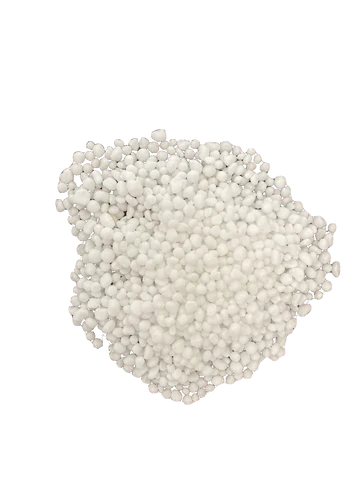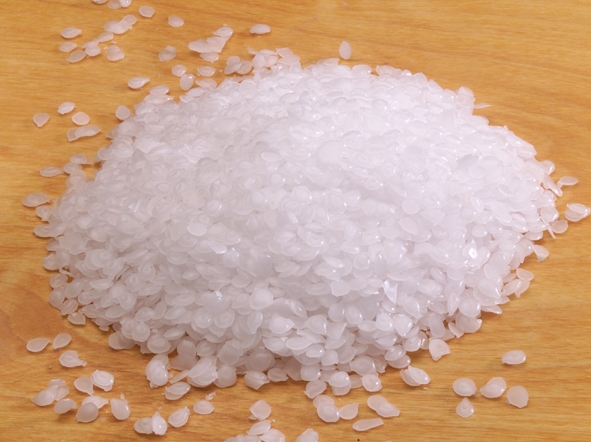Urea wholesaler
To source urea from a wholesaler, you can explore a few different avenues depending on your location and needs. Urea is widely used in agriculture as a nitrogen fertilizer and in various industrial processes, so wholesalers tend to operate either locally, nationally, or internationally.
Who Are Urea Wholesalers?
Urea wholesalers generally purchase urea in large quantities, often directly from manufacturers or major suppliers, and then sell it in smaller (but still large) quantities to various sectors. They operate in the middle of the supply chain, between manufacturers and retailers or large-scale end users like farms or industries.
There are two types of urea wholesalers:
- Agricultural Urea Wholesalers: These cater mainly to farmers and cooperatives. They supply urea for use as fertilizer.
- Industrial Urea Wholesalers: These wholesalers supply urea for use in chemical industries, the production of resins, adhesives, animal feed, and other specialized applications.

Steps to Finding a Urea Wholesaler
- Identify Your Urea Needs:
- Type of Urea: For agricultural purposes, wholesalers often sell urea in the form of prills (small pellets) or granules. For industrial use, you may need specific types like technical-grade urea, low-biuret urea, or urea with additives.
- Quantity: Wholesalers typically have a Minimum Order Quantity (MOQ). This could range from several metric tons to larger quantities, depending on the scale of their operation.
- Choose a Supply Region:
- Domestic Wholesalers: These are easier to deal with logistically if you want to avoid international shipping and import/export fees. Domestic wholesalers often work with local farms, chemical industries, and government projects.
- International Wholesalers: International wholesalers or manufacturers (especially from countries like Russia, China, or Middle Eastern countries) may offer cheaper rates but come with added complexities like international shipping, customs, and potential tariffs.
Where to Look for Urea Wholesalers
1. Online Marketplaces
- Alibaba: One of the largest B2B platforms where you can find a wide range of suppliers from countries such as China, India, and others. You can sort suppliers by region, capacity, pricing, and reputation.
- IndiaMART: Focuses on the Indian market, which is one of the largest producers and consumers of urea. It lists urea wholesalers and manufacturers, often catering to agricultural needs.
- Global Sources: Another B2B platform, similar to Alibaba, but mainly focused on Asian suppliers.
- Made-in-China: Focused on Chinese manufacturers and wholesalers, which are major exporters of urea.
2. Major Fertilizer Producers
- Many large multinational companies both manufacture and distribute urea. These companies often sell in bulk and can act as wholesalers. Examples include:
- Nutrien (Canada)
- Yara International (Norway)
- CF Industries (USA)
- Koch Fertilizer (USA)
- QAFCO (Qatar)
Contacting these companies directly can sometimes result in wholesale deals, or they may refer you to authorized wholesalers in your region.
3. Local Agricultural Supply Chains
- Many regions have agricultural cooperatives and local suppliers that act as intermediaries for fertilizer products like urea. These entities may offer wholesale deals to large farms or businesses.
- For example, in the U.S., companies like Wilbur-Ellis or Helena Agri-Enterprises deal with farm inputs including urea fertilizer.
4. Chemical Distributors
- For industrial-grade urea, chemical distributors may be the best option. Companies like Brenntag, Univar Solutions, and ICL Group are major distributors that handle chemical-grade urea and sell it wholesale to manufacturers and other industrial clients.
5. National and Government-Backed Agencies
- In many developing nations, urea and other fertilizers are heavily regulated by the government, which may either control distribution or operate through a network of government-approved wholesalers. For example:
- In India, companies like National Fertilizers Limited (NFL) and Indian Farmers Fertilizer Cooperative Limited (IFFCO) dominate the supply chain of urea.
- In countries like China, Russia, and Brazil, large state-owned enterprises manage urea distribution.
- Checking with your national agriculture or chemical ministries can be useful for locating authorized wholesalers in your region.
6. Trade Shows and Conferences
- Fertilizer and agriculture expos or industry conferences are excellent places to meet wholesalers. Events like the World Fertilizer Conference or the Fertilizer Latino Americano (FLA) Conference often feature many global suppliers and buyers of urea.
Factors to Consider When Choosing a Urea Wholesaler
- Price and Terms: Urea prices fluctuate due to global supply chains and commodity market dynamics. Ensure you get quotes from multiple wholesalers to compare prices and payment terms.
- Quality and Certifications: Urea quality can vary, especially if you need it for a specific industrial process. Make sure that the supplier adheres to international standards, such as ISO certification, for their products.
- Logistics and Delivery:
- Domestic Wholesalers: Generally offer more predictable logistics, with lower transport costs.
- International Wholesalers: Shipping urea internationally can add complexity, including customs, shipping fees, and potential delays. It’s important to choose a supplier experienced in international trade.
- Check if the wholesaler provides shipping and whether delivery is included in the price or if it’s your responsibility.
- Minimum Order Quantity (MOQ): Many wholesalers have a MOQ, which could be as low as 5-10 metric tons for smaller suppliers or as high as 1,000 tons for larger international distributors. Ensure you can meet their purchasing requirements.
- Payment Terms and Contracts: Depending on the wholesaler, you might need to secure a Letter of Credit (L/C) or make a down payment, especially when dealing with international suppliers. Make sure you understand the contract terms and any obligations for future orders.
- Sustainability and Compliance: Urea production can have significant environmental impacts. Some buyers may want to ensure their supplier adheres to environmentally-friendly practices or certifications.
How Urea is Packaged and Delivered
Urea is typically sold and transported in several forms:
- Bulk: Delivered in loose bulk quantities by truck, rail, or ship.
- Big Bags (Jumbo Bags): Large bags containing 500-1000 kg of urea.
- Small Bags: For smaller-scale wholesalers, urea is often sold in 50 kg or 25 kg bags, primarily for agricultural use.
Understanding your storage capabilities and transport logistics is essential when dealing with wholesalers.
Conclusion
Finding a urea wholesaler depends on your specific needs, whether agricultural or industrial. By sourcing through international B2B platforms, local agricultural suppliers, chemical distributors, or national agencies, you can identify a suitable supplier that meets your volume, quality, and logistical requirements. Always compare multiple options, consider pricing fluctuations, and ensure you’re aware of any legal or regulatory constraints before committing to a purchase.
(FAQ)
What is urea, and why is it widely used?
Urea is a nitrogen-rich compound (CH₄N₂O) commonly used as a fertilizer in agriculture due to its high nitrogen content (46%). It’s also used in industrial applications such as in the manufacture of resins, adhesives, and certain chemicals.
Where is urea sourced from?
Urea is primarily produced from ammonia and carbon dioxide through the Haber-Bosch process. Major producers are countries rich in natural gas, such as Russia, China, the United States, Qatar, Saudi Arabia, India, and Egypt.
How much does urea cost per ton?
Urea prices vary based on global supply and demand, but they typically range from $300 to $600 per metric ton. However, prices can spike or drop due to geopolitical events, energy costs, and seasonal demand.
What is the Minimum Order Quantity (MOQ) when buying urea from wholesalers?
MOQs vary between suppliers but typically range from 5 tons to 1,000 tons. Large international wholesalers often have higher MOQs, while domestic suppliers may offer smaller batches.
How is urea transported?
Urea is transported in bulk via trucks, trains, or ships. It can be packaged in bulk shipments, big bags, or small bags for easier handling. If ordering internationally, expect additional costs for customs, freight, and insurance.
Can I buy urea wholesale directly from manufacturers?
Yes, large manufacturers like CF Industries, Nutrien, or QAFCO sell urea in bulk. However, they may have large MOQs and usually prefer dealing with large distributors or wholesalers. Smaller businesses typically work through intermediaries (wholesalers)

